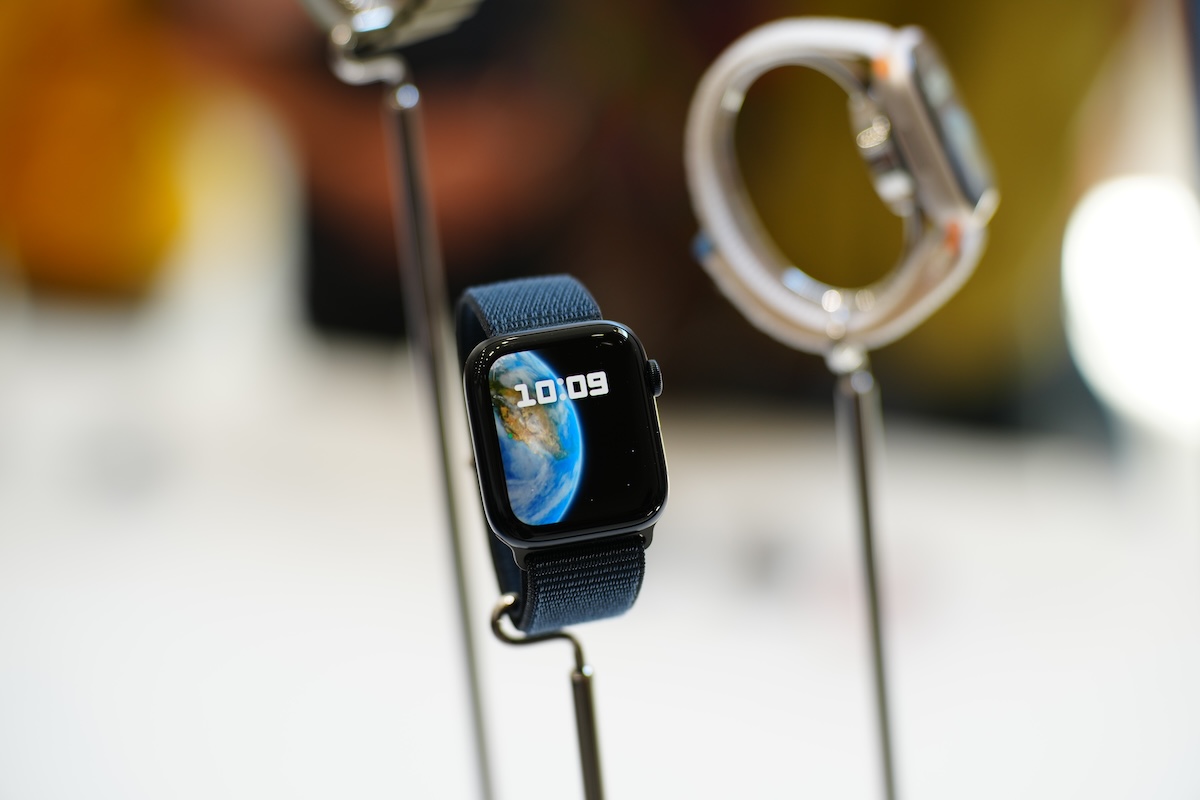Apple’s fix for the Apple Watch Series 9 and Ultra 2 sales ban is disabling a useless feature | TechCrunch
Apple is readying a more permanent fix for the ITC ruling that ended up temporarily blocking sales of its Apple Watch Ultra 2 and Series 9 models in the U.S. (which are both now back on sale — though again, potentially temporarily). The proposed solution, discovered in a brief legal filing (via 9to5Mac) by the lawyers representing Apple’s opposition Masimo in the dispute, involves disabling via software entirely the pulse oximetry features on models of the devices going forward — a change which should honestly have nil impact on anyone who ends up buying one of these in future.
Even if you have an Apple Watch model that includes the pulse oximeter feature, which was introduced way back in 2020, you’d be forgiven for not knowing it was there. The feature ostensibly provides a reading of your blood oxygen levels, though anyone who’s had much experience with Apple’s implementation of the sensor knows that it’s hardly accurate, and not something that you can really use for deriving any genuinely useful insights about your health.
Pulse oximetry, including consumer blood oxygen monitors (typically ones that clip to the end of your fingertip, which you may have encountered in a drug store or medical setting) have been used for a long time and can indeed provide crucial, even life-saving information about the level of oxygen found in your blood. If it dips dangerously low, that’s a good indicator that there’s something seriously wrong and that you need to seek immediate help. Blood oxygen levels arguably got their breakout moment in the general public consciousness as a key indicator of when COVID cases went from bad to worse, requiring emergency medical intervention.
To be fair to Apple, it has never marketed the blood oxygen detection features of the Apple Watch as designed for any ‘medical’ use, and instead bills it as strictly one of the many ‘wellness’ features of the Apple Watch. And it’s also entirely plausible that by watching your measurements over time for upwards or downwards trends, you could combine that info with other wellness signals to be made aware of some change to your wellbeing that is impacting you negatively. But in general, the Apple Watch’s pulse oximetry feature is a gilding of the lily that definitely isn’t worth suffering through a U.S.-wide device sales ban for, or even suffering a modest patent-licensing agreement with Masimo over.
Yes, users will have one less graph in their Health app dashboards, but it’s one that was hardly useful in isolation anyways — especially now that the pandemic-fueled fascination with blood oxygen levels specifically has mostly subsided. Apple, unlike Samsung, also isn’t shy about rolling back features once they prove unpopular with users or questionably useful, so this isn’t even all that unusual — except that Masimo forced its hand, of course.
We’ve reached out to Apple for confirmation and will update if we hear back.




